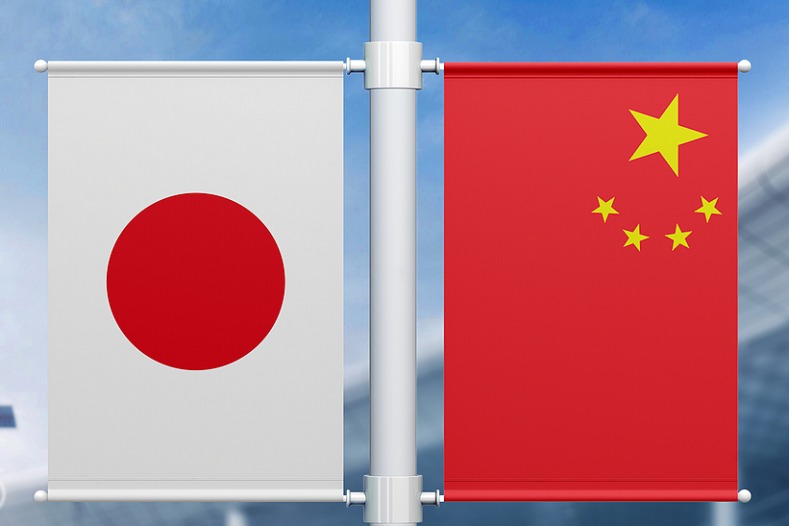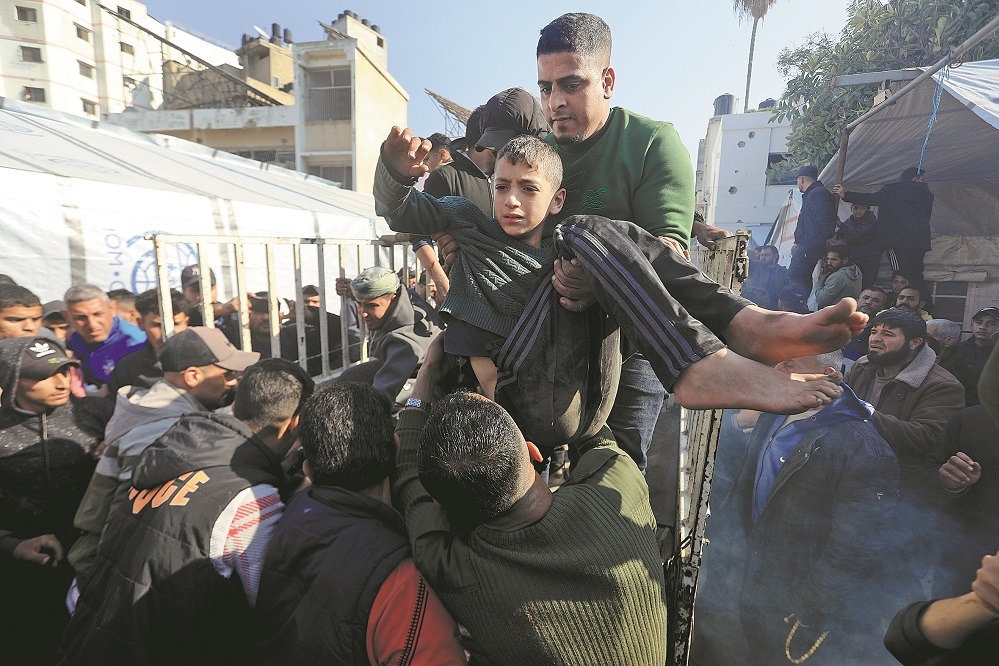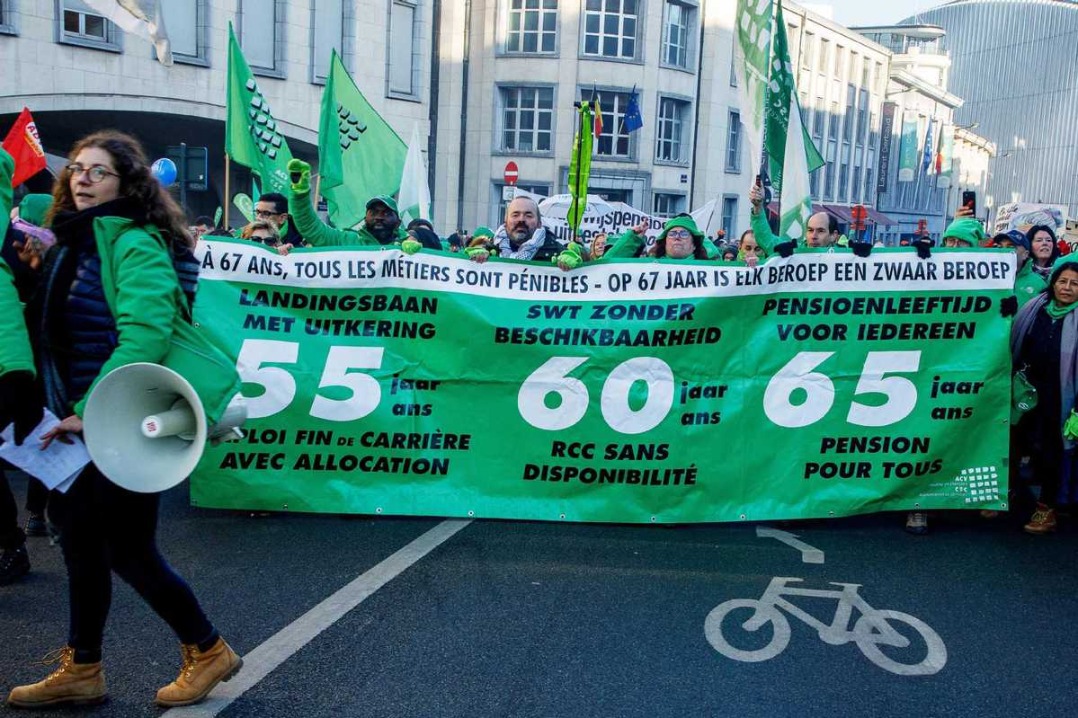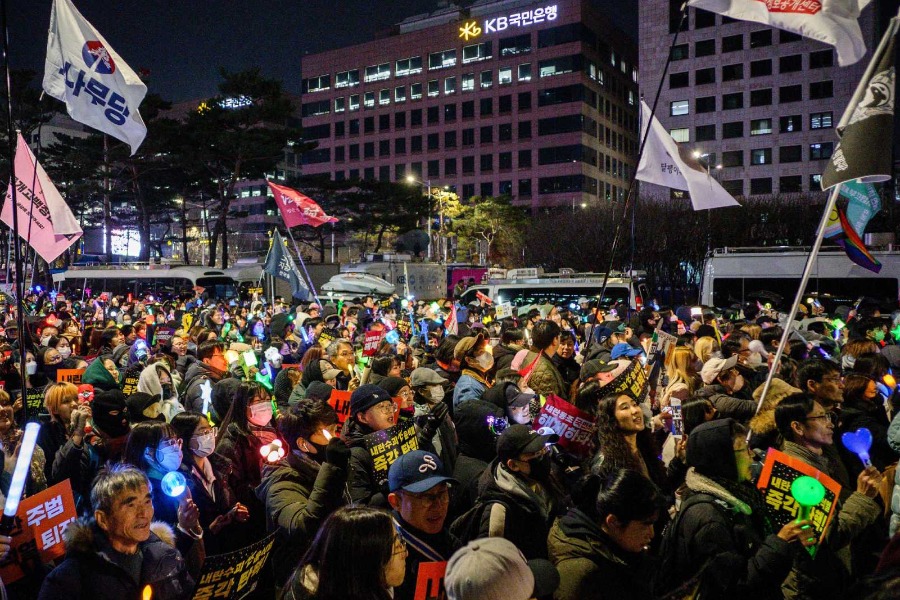Russian lives 'remain stable' amid conflict

Plant shutdown
But now, Volodin just sits around at home every day, after the car factory closed down in March, joining more than 1,000 multinational companies that exited the Russian market.
"We go to work, but the plant is still shut down," Volodin said. He does not mind a temporary break from the physically demanding work, but he is not sure how to plan for the future.
"We live from day to day, for now," he said.
Trudovoy said the workers have no idea who might take over the Western factories and whether they would keep their jobs.
"They are nervous and scared for their future," he said.
Kaluga's industrial output fell 30 percent between February and July compared with the same period the year before, becoming among the regions hit hardest, according to Rosstat.
Natalia Zubarevich, a geography professor who tracks social economic data at Moscow State University, said: "What we're seeing is falling income, broad depression, less consumption. All this will negatively impact the economy of the country."
Kirill Nikulin, who owns popular bar Savor in Kaluga, feels that hit.
He had already adapted by finding substitutions for half of the beers at his pub, which he had imported. Buoyed by the seeming return to normalcy over the summer, he opened a store that sells 13 craft beers on tap and 250 more in bottles.
"We believe in the New Year," he said, hoping sales would be up ahead of the holiday.

































